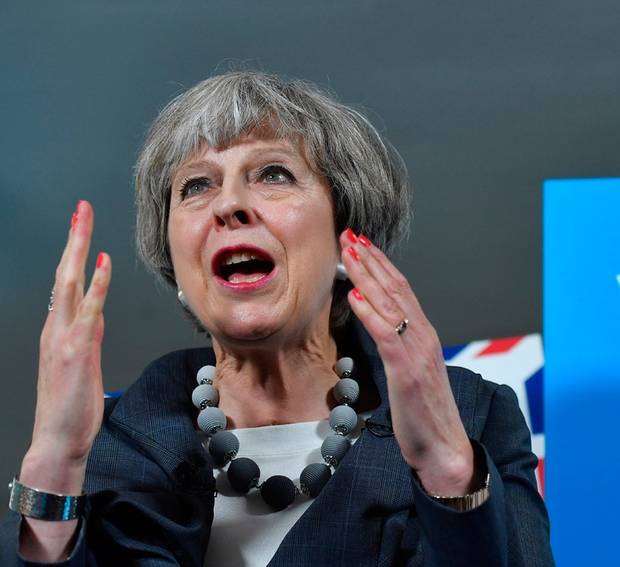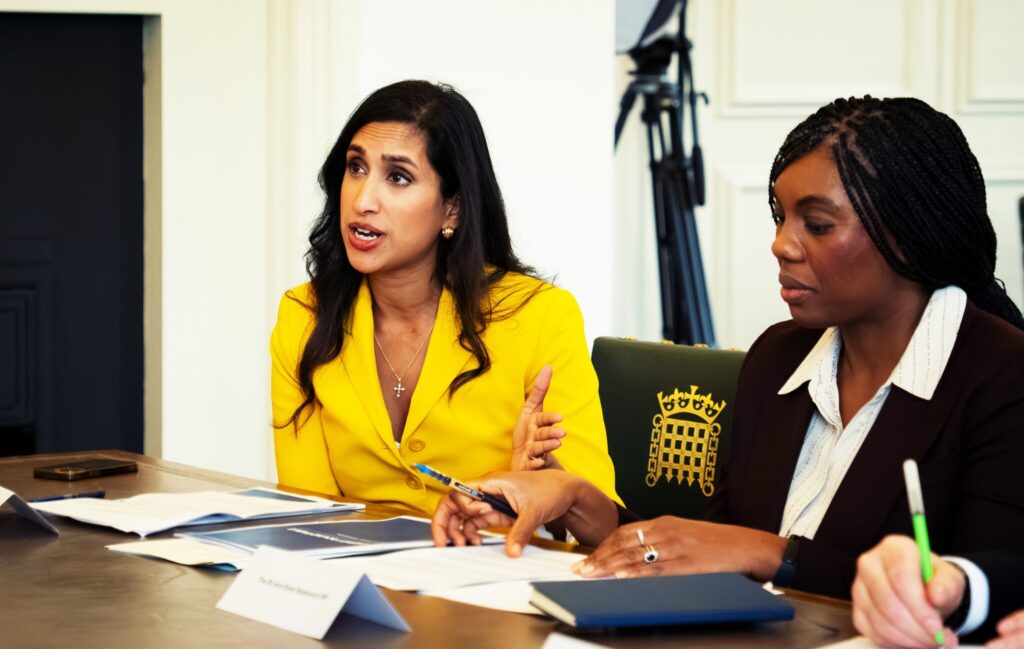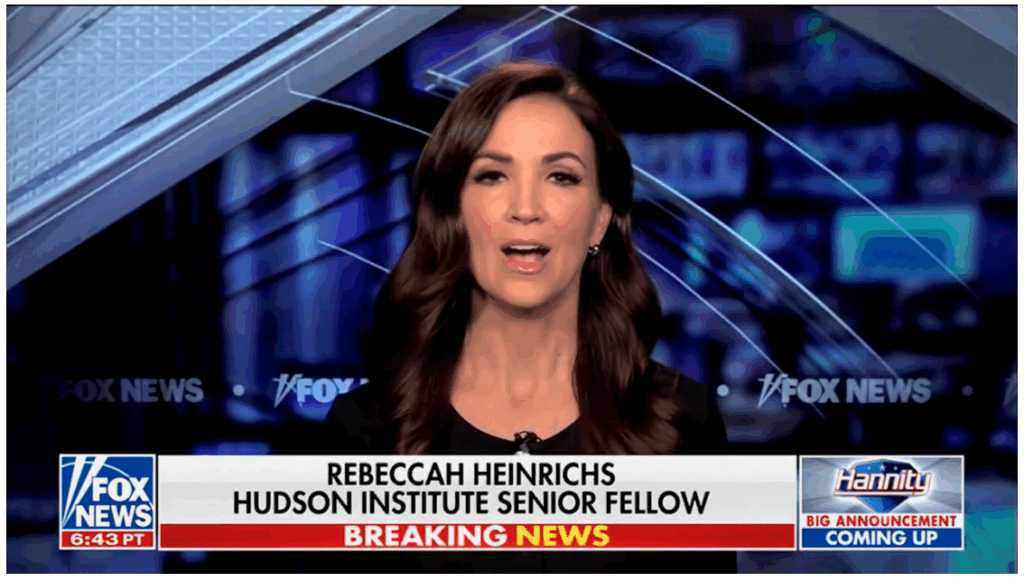After a tumultuous few days cobbling together a government with the DUP, and trying to persuade the country that she can continue to provide the “certainty” it needs going into Brexit negotiations, Theresa May on Sunday shuffled her cabinet.
So far it doesn’t seem things are likely to change very much as most of the key players have kept their roles held prior to the election, perhaps showing the limited options available to the UK‘s severely bruised PM.
There were some significant changes on the environmental front, however.
What Hasn’t Changed?
Foreign Secretary Boris Johnson, Brexit Secretary David Davis and International Trade Secretary Liam Fox have all kept their roles in the new government.
Fox, as we’ve previously reported, has close ties with US neocon think tank the Heritage Foundation which denies the science on climate change.
Greg Clark is also staying on as Secretary of the Department for Business, Energy and Industrial Strategy (BEIS). Clark understands the risks of climate change, however, little has been done (good or bad) since he was appointed head of BEIS.
While no disastrous decisions were made with him at the helm there are still a few things that didn’t happen – Clark did not attend the UN climate talks in Marrakech last November and still no new emissions reduction plan (or “clean growth plan”) was released.
Environment Secretary
Michael Gove has been announced as the new environment secretary under Theresa May’s cabinet reshuffle following the general election shake-up.
Gove makes his return to politics after putting his name into the ring for prime minister last year after the Brexit vote. He will now head up the Department for Environment, Food and Rural Affairs (Defra) which over the past year has been run by Andrea Leadsom. (Previously energy minister, Leadsom is connected to the web of Brexit climate deniers working working out of Tufton street near Parliament.)
Gove’s track-record on climate change isn’t the best. He sits on the fringe of the Brexit climate denier network – he’s friends with Breitbart’s climate sceptic reporter James Delingpole, and Lord Lawson, founder of the climate science denial group the Global Warming Policy Foundation, endorsed his bid for Tory leadership last year.
He previously tried to remove climate change from the geography national curriculum and not long ago he barred then climate secretary Amber Rudd from attending the 2014 UN climate talks.
Gove has, however, also described himself as a “shy green”. In a 2014 speech he speaks about his love of nature and the need to pass it on to the next generation: “One of the things that I’ve learnt throughout my life is that I’m an environmentalist but a lot of time I didn’t realise it.”
As Brexit negotiations begin, Gove is going to have his work cut out for him as he will be responsible for quickly reworking EU-dominant agriculture and environment law and policy.
In March he is reported saying that Brexit means any EU regulations that “hold any business here back” could now be scrapped, pointing to what he called “absurd” clinical drug trial rules and wildlife protections specifically.
Special Advisors
Over the weekend both Fiona Hill and Nick Timothy resigned as Theresa May’s special advisers (SpAds). This may be good news for climate policy as Timothy is credited as being the man behind the abolition of DECC (the Department for Energy and Climate Change) and has once called the UK Climate Change Act a “monstrous act of self-harm.”
May’s new Chief of Staff has been announced as former Croyden MP Gavin Barwell who seems to have a solid grasp on the science of climate change.
He also sat on the science and technology committee from 2010-2012. During this time the committee was involved in reviewing investigations into the leaked emails of climate scientists at the University of East Anglia (also known as ‘climategate’).
Barwell studied physics at Cambridge and previously served as Lord Commissioner of the Treasury and last July was appointed Minister for Housing.
All in all, the cabinet reshuffle leaves things pretty much the way they were except with a potentially stronger climate player at May’s side after having to sacrifice her two closest allies.
After last week’s shocking election results, May’s government has been dealt a significant blow. But with a DUP partnership, along with Gove suddenly in a frontline position at Defra, Clark at BEIS and a stronger opposition in Labour, the Lib Dems, and the Green Party, everyone’s eyes will be on the political push-pull when it comes to green policy choices at home and during the Brexit negotiations.
Photo: Tiocfaidh ar la 1916 via Flickr | CC 2.0
Subscribe to our newsletter
Stay up to date with DeSmog news and alerts






